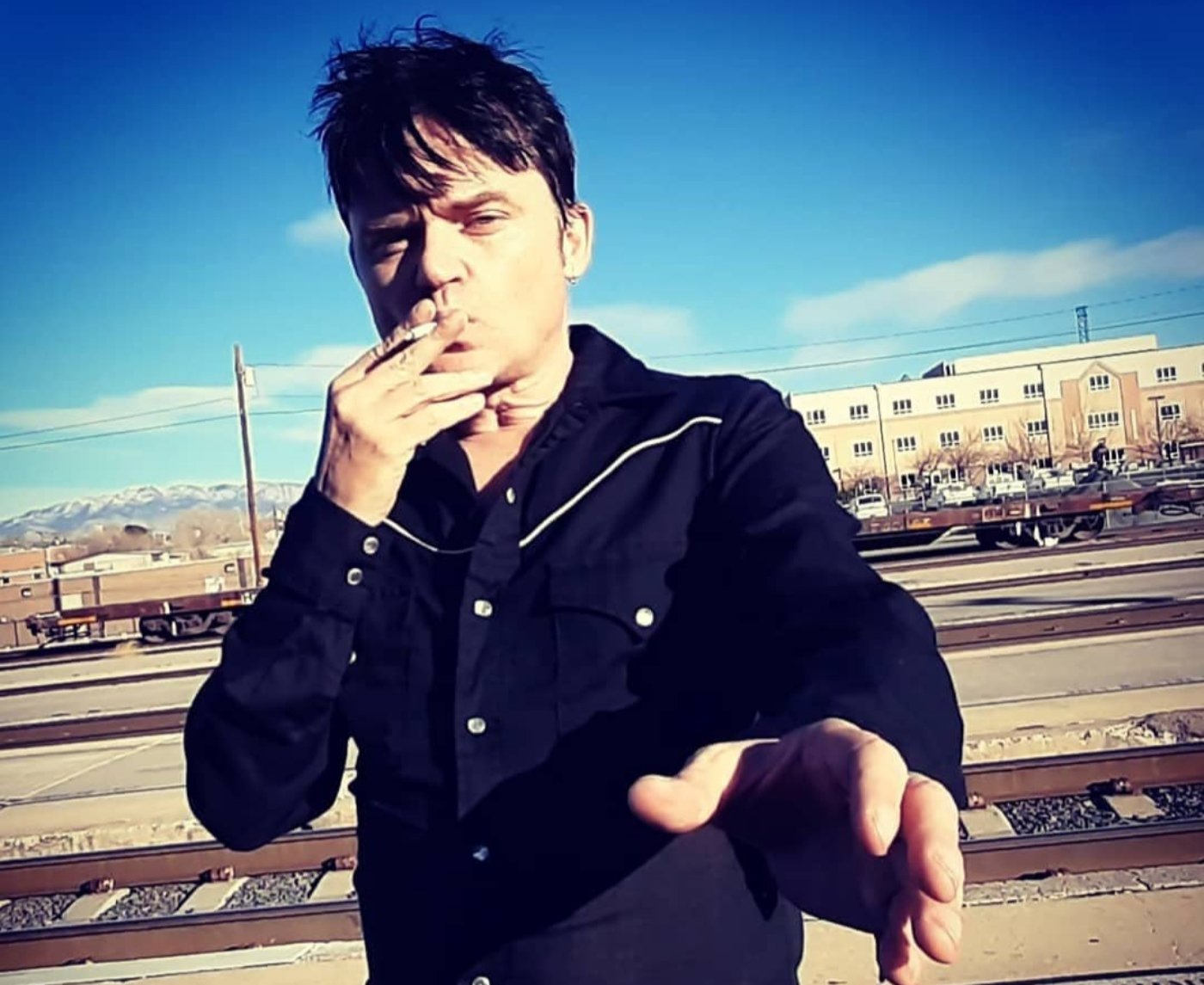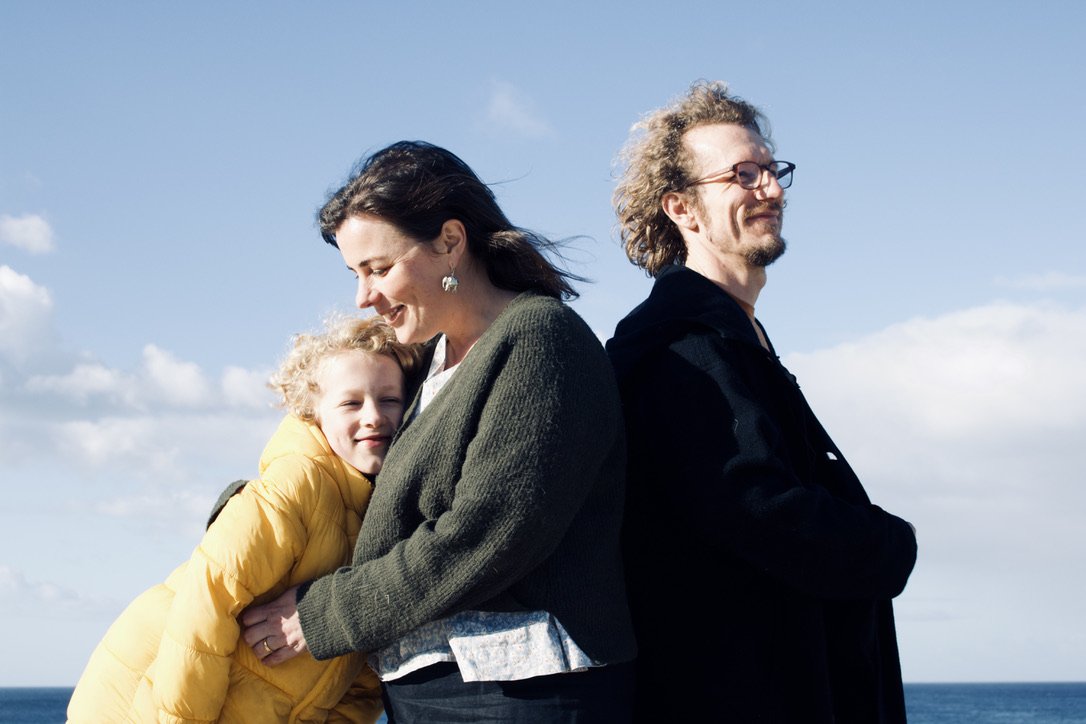Reflection: A Garden of Life
LINDA BURSON SWIFT - 8 DEC 2020
PHOTO: LULUCMY ON UNSPLASH
A few years ago I planted an orange tree.
I dug it into an area of the garden that, for some reason, is hostile to sharing its space. It’s a large piece of lawn, and in my wildest dreams it would be the perfect place to sink a swimming pool, but that would be a leap too far. My hope was that I could at least plant it out with some beautiful, flowering trees. Sadly, everything that I have ever attempted to plant there has either died or been transplanted into friendlier soil if I’ve noticed signs of a struggle quickly enough.
This little orange tree was one of those lucky ones, and I replanted it beside the plum trees, the old lemon and a young lime (which was in pot hidden away beside the shed amongst the other potted plants waiting for a new home, rescued from a root bound state of dehydration).
I’ve never claimed to be a good gardener: anything that grows well at my place is by sheer luck and determination on the side of the plant, I think. I have been known to apologise in advance to plants when, in a moment of spontaneity and visions of gardening grandeur, I have brought them home from the Garden Centre. It seems like a lottery. The things that grow best in my garden do so in areas where the gardening manuals would advise against planting, and those that haven’t done well are the ones that have been rescued from that inhospitable area of the garden I’ve been determined to plant out!
Often these rescue plants end up (as mentioned) beside the shed waiting for a new plot, but in my concern for their survival and not being convinced that they can cope on their own out in the big wild world, I invariably leave them too long in their pots. If plants could talk (wait… perhaps they do… but in a language that requires an imagination to interpret!) I’m sure that they would be pleading with me to ‘just put us in the ground and let us do what plants do!’
Well, this little transplanted orange tree flourished, and produced half a dozen sweet fruit last season. I don’t think I ate one of them. I just looked at them and marvelled at the fact that the tree was actually producing fruit, loving the splash of colour that was brightening up my garden space. This year the crop multiplied greatly, yet for a long time again I left the fruit hanging: I think perhaps just looking at it was more satisfying than the sweet taste of the vitamin C treat that I was missing out on. This little fruit laden tree seemed to me nothing short of a miracle, and I just couldn’t bring myself to rob it of its bounty.
But I did eventually pick some, most of which sat in my fruit bowl gradually shrinking in size, skins beginning to shrivel because I wasn’t in the mood to eat oranges, until this morning. I awoke with a tickle in my throat and it was almost like these little beauties were shouting out, ‘squeeze us and drink us already!’ so I did.
They say the best things in life are worth waiting for. The timing of the gifts of life is also always perfect, even if they seem to arrive late. My part to play is to notice the best time and place to plant. To nurture, to wait and to trust the process. To harvest, and to receive the gifts of the garden (which, for me, is just another name for life). I also have to be able to cope with the losses that will invariably be part of the natural process. This too is part of the storyline.
In pots beside the shed were also some rhododendrons and Tōtara trees, hand raised and given to me by two green-thumbed friends of mine. I’d been so nervous about planting these into the ground for fear that my semi-hostile soil would somehow reject them, and all my friends' efforts would be in vain. I couldn’t bear to think that something so precious could potentially be destroyed in my hands, so I chose to leave them in their pots to become stronger and to ready themselves for the real world. The trouble was that their growth had the potential to become stunted, and they too were at risk of becoming root bound. So on Saturday I took the plunge, dug some big holes, piled them with new garden mix, put the plants in the ground and surrounded them with netting because, truth be told, the most dangerous enemy to the plants and the soil they are planted in right now is not me but my two chickens. They are also searching for the nutrients, bugs and goodness in the soil that holds the plants and brings life to their young forms.
I wandered down into the garden today to collect eggs and to stop and admire all of these plants, have a chat, offer a prayer for help (theirs) and protection (from the chickens and this novice gardener), thank them for the gifts they give me, and to count the oranges (about a dozen) that are still hanging on the tree.
Maybe I’ll pick them and squeeze them tomorrow for breakfast.



![[Friday Feature] Valere: Interview & Review of Single/Video ‘Lily’s March’](https://images.squarespace-cdn.com/content/v1/60df978127837427ee475bb1/1712873492906-GFSK6SW4FJ2Z2STOJVAM/Valere+-+Photo+Credit+Hayden+Graham+%281%29.jpg)

![[Video Premiere] Sig Wilder & Friends: Video for ‘Texasman’ + Interview](https://images.squarespace-cdn.com/content/v1/60df978127837427ee475bb1/1699397388451-3GDFG0FOA5T5WPA33ANE/IMG_2393.JPG)


![[International] Jackson VanHorn Releases New EP ‘Liminal Music, Vol. 1’](https://images.squarespace-cdn.com/content/v1/60df978127837427ee475bb1/1695708847770-UF5H8G2X7N9Q9KF22TA5/Jackson+VanHorn+Liminal+Music+Vol+1.jpeg)

![[Friday Feature] Jazmine Mary: Interview + New Album ‘Dog’](https://images.squarespace-cdn.com/content/v1/60df978127837427ee475bb1/1686280012940-2OBAFHQ9HIJFIVNYE3CZ/JazmineMary_Album+image+no+text+-+Credit+-+Jim+Tannock.jpg)
![[Video Premiere] Emily Rice Releases New Single/Video ‘Warenoa’](https://images.squarespace-cdn.com/content/v1/60df978127837427ee475bb1/1685044212209-9X8UTD0I22FY3LAGKDHI/Press+Shot_+Photo+Credit%2C+Charles+Looker.jpg)


![[Australia] Benny Time: Interview + New Album ‘Benny and Friends’](https://images.squarespace-cdn.com/content/v1/60df978127837427ee475bb1/1653689671831-U73A00Y16B4PYUPIEY7X/Benny+Time+3596.jpg)











![[International] Alison Clancy: Poised for Greatness](https://images.squarespace-cdn.com/content/v1/60df978127837427ee475bb1/1645751104499-HT5MCDXMERC9SDSW4XW5/Alison+Clancy+Mutant+Gifts+Cover.jpeg)
![[International] Halfway Harbor: ‘Table Stains’](https://images.squarespace-cdn.com/content/v1/60df978127837427ee475bb1/1644389562677-EPD8X84SUDEW0Y5THAX3/HH+Photo+2.JPG)
![[Video Premiere] Rewind Fields Releases Video for ‘Photographs’ from New Self-Titled Album](https://images.squarespace-cdn.com/content/v1/60df978127837427ee475bb1/1645087328492-XGACSPK0JASK6GHYPNJ8/Rewind+Fields+Press+Photo.jpg)